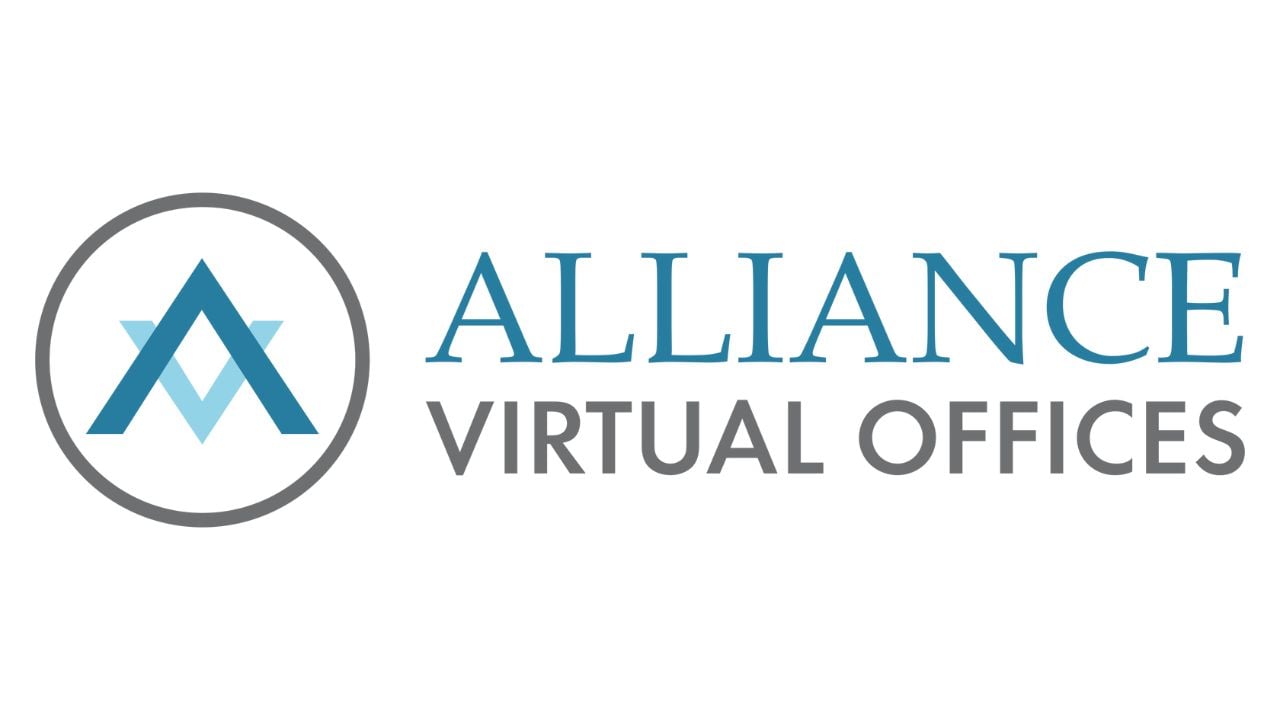- Listing with aggregators can increase direct bookings for coworking centers, according to research on the “billboard effect” in hospitality and travel.
- Some customers use aggregators only for early-stage research and pricing comparison, before going on to book directly.
- Centers can leverage additional direct bookings by listing with multiple aggregators, ensuring strong local SEO, and optimizing their websites for online transactions.
This article was written by Mike Sullivan, Chief Marketing Officer for Alliance Virtual Offices. Alliance Virtual Offices is a leading provider of virtual office solutions that help innovative businesses scale faster.
Did you know that listing with aggregators, such as Alliance Virtual Offices, can actually increase direct sales?
The theory behind this apparent paradox is known as “the billboard effect.”
The term was coined by Chris Anderson, Associate Professor at Cornell University, in 2009. The study found that hotels listed on online travel agents (such as Expedia) experience a boost in direct hotel bookings due to their presence on these aggregator websites.
How is this relevant to coworking centers?
There are many parallels between the travel and hospitality industry, and our own.
In fact, it’s now widely accepted that our sector is part of hospitality. Therefore, we can expect coworking and virtual office clients to behave in similar ways to hotel customers.
Some centers prefer not to list on aggregator websites for various reasons. One reason is they feel they can attract enough clients through their own marketing efforts. Another reason is the challenge of managing multiple channels with limited resources.
Regardless, if you are pursuing growth, then working with an aggregator like Alliance that delivers contracted, compliance clients, not only increases third party sales but also drives more clients to book with you directly.
The Cornell study found that by listing on Expedia, hotels experienced a lift of between 7.5% and 26% in direct reservations. This is in addition to bookings made via Expedia.
Furthermore, a follow-up study in 2011 found that about 75% of consumers who booked with a major hotel brand had visited an online travel agent in advance.
On the flip side, another follow-up report in 2017 found that 31% of consumers who started their search at a hotel site ended up booking with an aggregator.
Either way, the hotel gains a booking. In the parallel world of business hospitality, this is a win-win for your center.
(And let’s not forget that working with an aggregator that delivers contracted, compliant clients means you have virtually no cost of sale and make almost pure profit. I don’t want to digress from the billboard topic, so you can read more about that here).
Why do customers visit aggregators first?
Travelers visit online travel agents in the early stages of their travel search to gain information, before going directly to the hotel to make their booking.
The marketing capabilities of a company like Expedia far outweigh those of an independent or small chain hotel, especially for customers in the early information-gathering stage who aren’t yet sure what hotel or location they are looking for. Therefore, the aggregator’s website would appear more prominently in online search results.
Customers often go straight to aggregator sites because they provide useful features like online customer reviews, map results, and the ability to compare prices of multiple hotels, helping potential customers narrow down their options.
Also, aggregators sell related services such as car hire and flight details. A website with a diverse range of products attracts far more potential customers than if they only sold hotels.
How can centers take advantage of the billboard effect?
- Work with as many aggregators as possible. In the same way that more billboards mean more eyes on your brand, working with multiple aggregators can increase third-party sales while also driving more direct bookings.
- Incentivize direct bookings. As we’ve learned from the Cornell study, even if a client has taken the time to research your competitors and visit aggregators before coming to you directly, they could still go back to an aggregator to book. Why not close the deal by offering an incentive? This could be a small one-time price promotion, a few hours inclusive meeting room usage, or a loyalty program.
- Make direct bookings easy. The fastest way to send a potential client back to an aggregator is a poorly designed website that’s difficult to navigate. Your website is a 24/7 selling tool, especially where virtual offices are concerned. Make sure it’s responsive, user-friendly, and secure. In the follow-up study, almost 39 percent of direct bookers started their travel research at a hotel site. That means the remaining 61 percent either went back to the aggregator or were lost completely. A few simple website improvements could stop that from happening to you.
- Get the SEO basics in place. Potential clients will be looking for your center based on the name and address listed with aggregators. That should make it easy to find, right? Surprisingly, this isn’t always the case. Make sure your local SEO is up to scratch and you have all the basics covered. Use local keywords, ensure NAP (Name, Address and Phone) consistency, check your Google Business profile, update your blog, check your meta data, and gather online reviews. Learn more SEO basics for centers here.
- Build a solid first impression. While aggregators will present your center uniformly, you can use your website to reflect your unique style and personality. A well-designed, attractive website will show off your center at its best and help you stand out against the competition.
Take advantage of the billboard effect by partnering with Alliance Virtual Offices. Learn how we can help your workspace drive revenue and build corporate value, here.



 Dr. Gleb Tsipursky – The Office Whisperer
Dr. Gleb Tsipursky – The Office Whisperer Nirit Cohen – WorkFutures
Nirit Cohen – WorkFutures Angela Howard – Culture Expert
Angela Howard – Culture Expert Drew Jones – Design & Innovation
Drew Jones – Design & Innovation Jonathan Price – CRE & Flex Expert
Jonathan Price – CRE & Flex Expert











